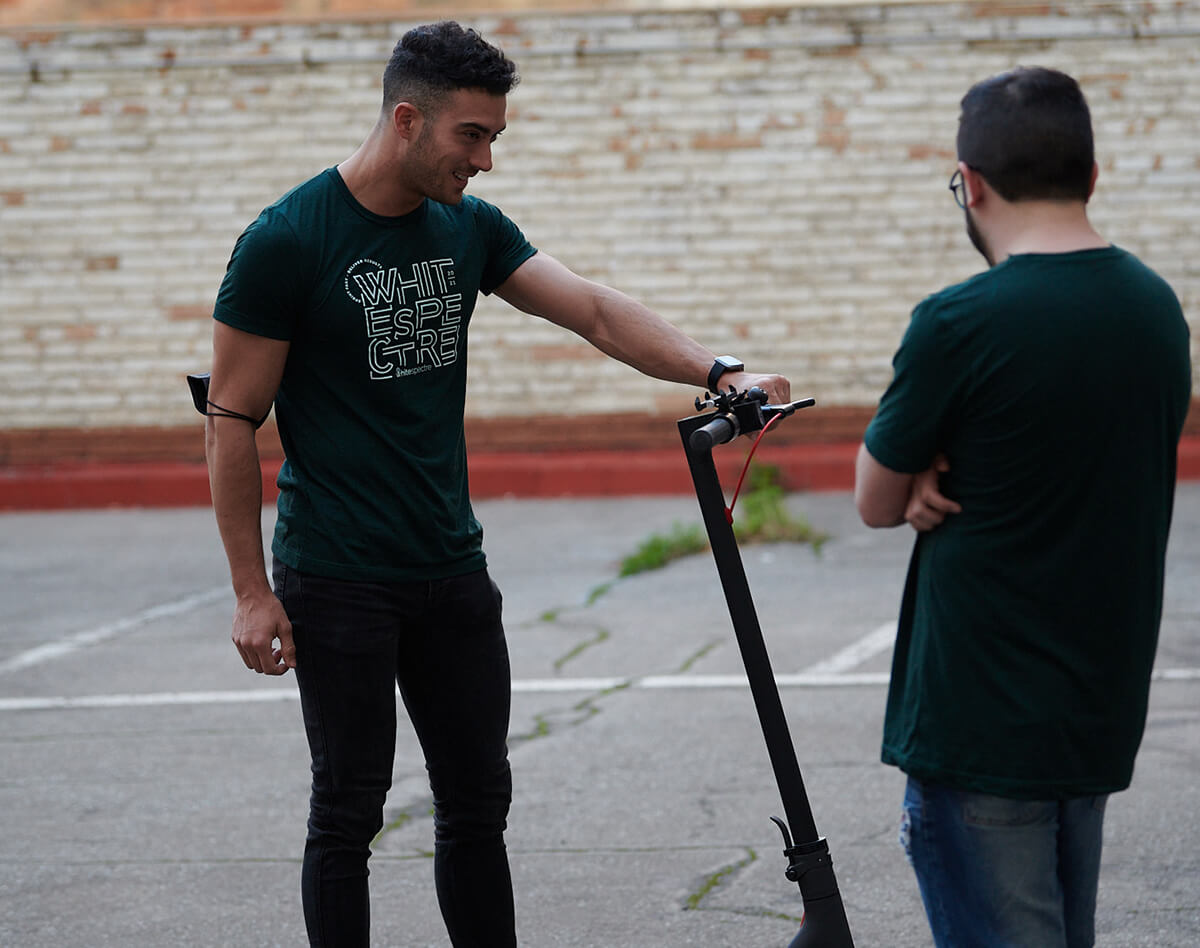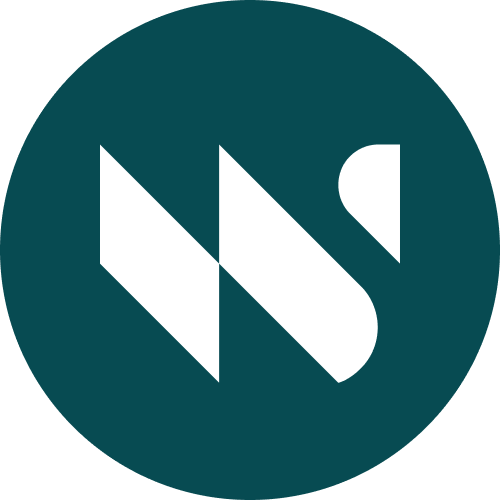Meet Eneko Sanz, Senior React Engineer
Agile, integrated, flexible – just a few of the words that Eneko uses to describe aspects of his daily life at Whitespectre.

Tell us about yourself. How did you get into coding?
My name is Eneko. I’m a Senior React Engineer and I’ve been working at Whitespectre for five years. I live in Barcelona now, but I grew up in Bilbao, in Spain’s Basque country. I first discovered code as a child through a BASIC interpreter in a toy computer. As a teenager, I played with Visual Basic and coded some simple programs on my own, but it wasn’t until I studied computer engineering at university that I really learned how to code. My friends and I were always working on side projects.
After university, I worked as IT Auditor at Price Waterhouse Cooper for a year while I kept learning about web technologies and mobile app development. Then, I moved to Barcelona and worked at a startup where I had my first official developer role.
What are you working on now? What’s your typical day like at Whitespectre?
I’m currently the React lead for the web application for a large meal subscription service in the US. They’ve been our client for a long time, but I joined the project in March to lead the migration to React. Before that it was only Rails and backend-rendered and not as dynamic – but the application was also simpler. This year we added a lot of features for users to customize and personalize the product and we wanted to go to the next level with the user experience and iterate faster. That’s obviously easier with a dynamic web application.
My development workflow is driven by JIRA - we organize all the sprint cards there. At Whitespectre we use agile methodologies, mostly SCRUM, with minor adjustments to adapt to specific needs of different clients. Our process is incremental, so we have continuous integration in place and we do frequent releases.
Day to day, the work is really flexible. You have meetings and conversations with your workmates and client teammates of course- but a lot of time is on your own too. It’s really good.
Overall, most of our projects are long-term. This provides us developers with enough time to really invest in and learn from a project. We don’t have to stop three months in just as we’re getting ramped up. That’s important to me because I love having time to really get to know the product and codebase, see the project grow over time, and get to know my teammates and clients.
What’s the relationship like with your client stakeholders? How much say do you have in technical decisions?
They listen to us. With this client, they’ve always gone with the important technical recommendations we’ve brought them. One small example- in my current project I noticed that we would benefit from code linting (a tool to flag programming errors), and we implemented it right away. Clients also understand and support our best practices like Tech 20 cards, where we dedicate 20% of every sprint to clean up the codebase to avoid technical debt.
Our client relationships are very strong. I would describe us as friends. We stay in touch every day through Zoom or Slack, depending on what’s needed. It’s helpful to have open lines of communication if we have questions along the way, so we can get answers quickly and continue progress. This makes it easy to get work done when we want, on our own time.

You mentioned Tech 20 cards. Can you tell us more about that?
Whitespectre developers create Tech 20 cards for every sprint to ensure we dedicate 20% of our time to improving the codebase or introducing better tools. This is super important for us and for the clients to ensure we can work efficiently and avoid problems later. There are deadlines, and sometimes we developers have to do things that are not ideal to meet them, but we learned it’s very important to take time to manage codebase issues regularly so we don’t build up technical debt.
How did you end up at Whitespectre, and what’s kept you here?
When I first moved to Barcelona, I worked at a few early-stage startups, but I soon realized it wasn’t for me. The companies where I worked had very small teams, and as developers, we had to do everything – including project management and QA. It was difficult to take time off because there were no formal processes or back-up plans and very few developers. I ended up having to push to production one time while having a horrible fever. That’s just one example.
When I was looking for something new, there were more early stage start-ups or very large consultancies that no one had good things to say about. Then I came across Whitespectre which was smaller and seemed to have a different approach. After meeting with the team, I knew it would be a great place for me to learn and grow professionally. The projects looked interesting, they had a strong and agile process in place, they worked from home with the flexibility to adapt to my schedule, and the people seemed great.
I’ve stayed for five years because I’ve been working on interesting projects and always learning. We are busier than ever, and I have many opportunities to develop my skills. My colleagues are great partners, too- smart people you can learn a lot from, and really nice people too. We’ve become like family because many of them were the first people I met when I moved to Barcelona, and we’ve spent a lot of time getting to know each other. Nowadays, we all work remotely from all around the world, but we have meetups in Barcelona to get to know each other in person.
The values that drive the company are great – it’s a place where people are always willing to help one another. We are choosy about our clients, and only work with ones that align well with our values and expertise. Our co-founders Nick and Allison are invested in all of the employees, in our growth and happiness, and we’ve built close personal bonds.

What advice would you give to someone just starting their career as a developer?
You have to be motivated to teach yourself new things. Try to stay up-to-date on the latest technological trends by reading blogs and following interesting Github accounts, from popular projects to renowned open source contributors like Sarah Drasner, Lea Verou and Sindre Sorhus. Try collaborating on open source projects – you could start with a small feature request or a bug report, which could result in you helping to prepare a pull request. Make sure that developing is really a passion for you. And when you’re just starting out, now is the best time to try new things. It’s okay to make mistakes.
Follow Eneko Sanz on Twitter and GitHub here. Want to work with Eneko at Whitespectre? We’re hiring developers!
